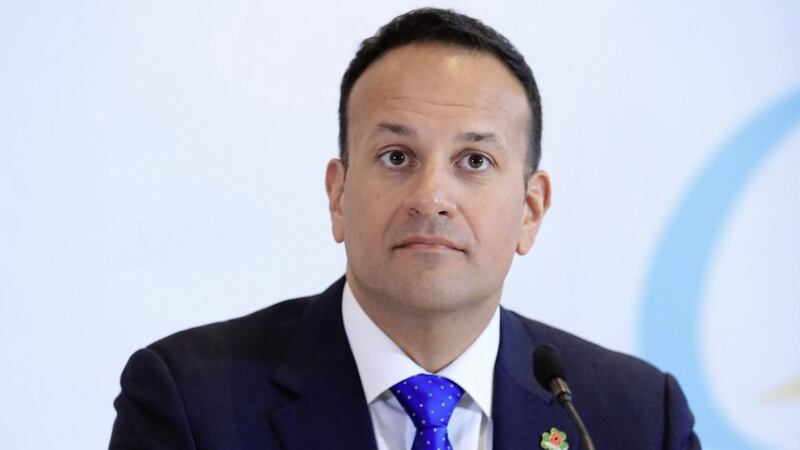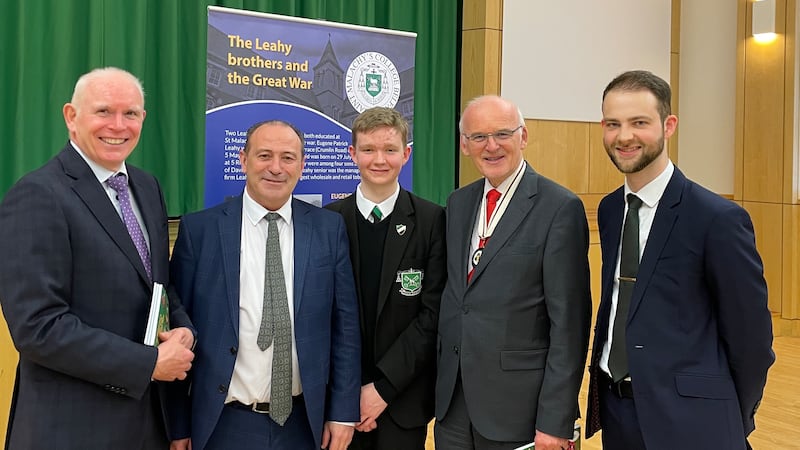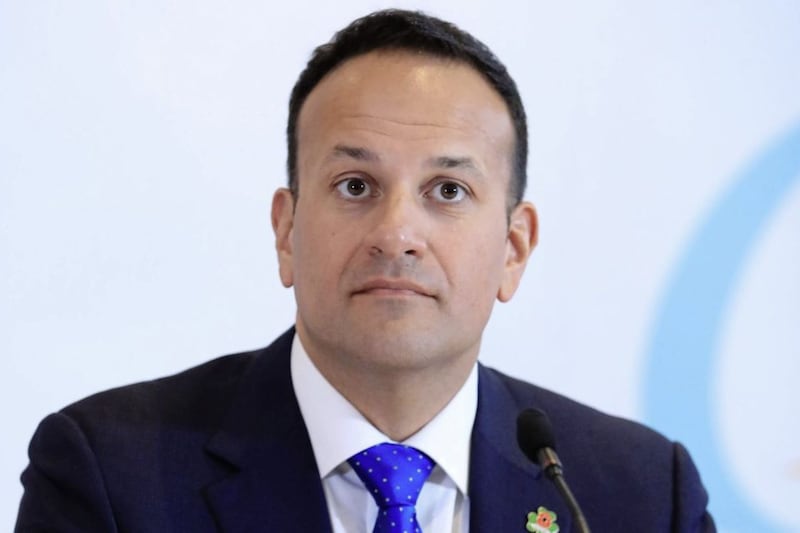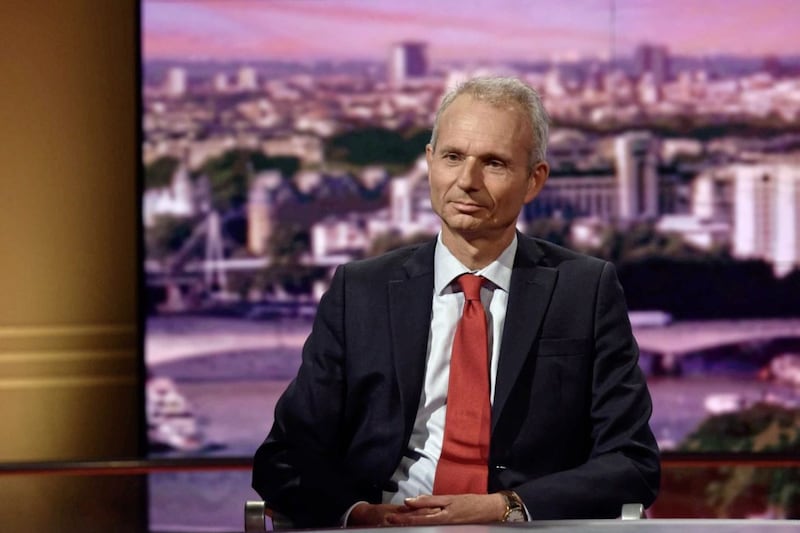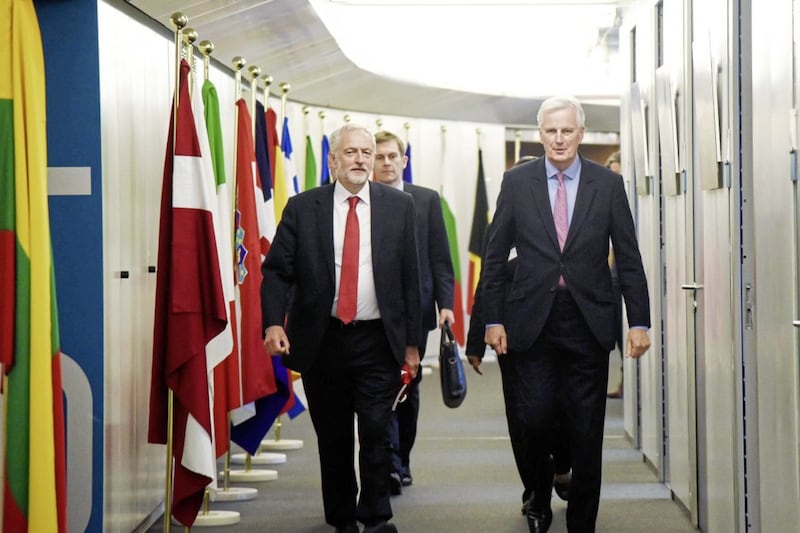A HARD Brexit could force Irish freight to switch to French, Dutch and Belgian sea routes rather than travelling via Britain to Calais, taoiseach Leo Varadkar has warned.
And Welsh first minister Carwyn Jones warned a no-deal Brexit could be hugely expensive to Wales because of potential disruption to sea links with Ireland.
David Lidington, the British government's de facto deputy prime minister, also said that commerce across the Irish Sea was economically more important than between Northern Ireland and the Republic.
The potential impact of Brexit on trade was high on the agenda yesterday at the British-Irish Council summit on the Isle of Man.
Mr Jones said 70 per cent of trade between Britain and Ireland passed through Welsh ports like Holyhead.
"There is a danger, if we have a hard Brexit with no deal, that we end up having to pay a huge amount of money on the port and on the roads in order to accommodate the traffic that would be delayed there as a result of an imposition of extra controls," he said.
Mr Varadkar said his objective on trade was to "avoid the emergence of any new borders".
A "huge" amount of Ireland's trade with continental Europe passes through Welsh ports and across Britain on its way to Calais, while much of Northern Ireland's trade with Britain goes via Dublin port, he said.
Alternative routes existed by boat to Rotterdam, Antwerp and French ports but were "much slower", he said.
"My objective when it comes to trade is to do everything we can to avoid the emergence of any new borders among any of us," said Mr Varadkar.
Mr Lidington said that while trade between Northern Ireland and the Republic had "massive political and symbolic significance", the routes across the Irish Sea were more economically important.
He said it was "in the interests of everybody within these islands" to secure agreement on a withdrawal deal.
Also attending the twice-yearly summit were Scottish First Minister Nicola Sturgeon, Northern Ireland secretary Karen Bradley and representatives of the governments of Guernsey, Jersey and the Isle of Man.
